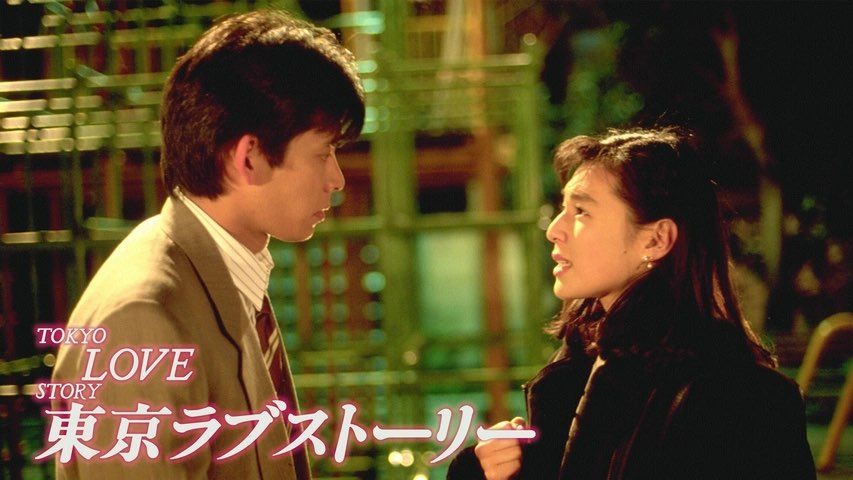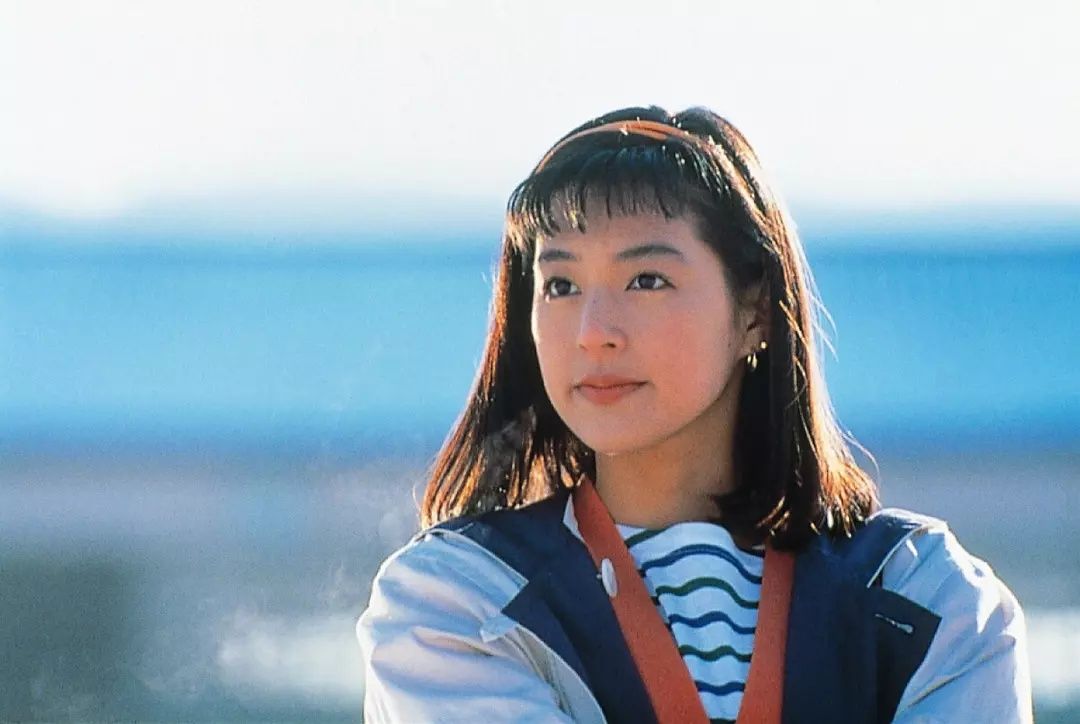

The Japanese Way of Love: What Tokyo Love Story Taught Me about Japan
A distinctly Japanese love story set in Tokyo, on the brink of the bubble economy's collapse.
Growing up in Hong Kong, I'm no stranger to Japanese tv dramas. Local channels used to air popular Japanese shows during prime time on weekends, turning them into major viewing events for many Hong Kongers, myself included. Tokyo Love Story stands out clearly in my memory as one of these iconic hits, though as a child, I was too young to fully appreciate a romantic drama.
Tokyo Love Story is an adaptation of Fumi Saimon's acclaimed manga of the same name. It marked Saimon's breakthrough, with the TV adaptation propelling her to national fame and paving the way for many of her subsequent stories to grace the small screen.
At the time, the show was considered groundbreaking for its portrayal of modern romantic relationships in Tokyo's bustling metropolis. Rather than following a straightforward narrative, Tokyo Love Story delved into the inner lives of its characters, offering a depth that left a lasting influence on Japanese TV storytelling.
Personally, though, I’m less captivated by the narrative itself than by its symbolic and metaphorical layers. Set against the backdrop of Japan's economic bubble teetering on the edge of collapse – a pivotal yet rarely explored period in Japanese pop culture – the series underscores the nation's incredible work ethic, illuminating the tensions between traditional values and the burgeoning modern society.
These themes play out through Kanji, our protagonist, one of many young adults leaving their rural hometowns for Tokyo, chasing the "Tokyo dream" after graduating university.
If a similar story were set in the UK, a young adult's move to London might feature scenes of hedonistic excess: nights spent getting hammered, getting high on coke, and hooking up with strangers. But Tokyo Love Story remains authentically, unmistakably Japanese. Kanji is your stereotypical country guy: driven, diligent, obedient, so loyal to his company that work takes precedence over virtually everything else.

Watching Kanji navigate corporate life offers a brutal taste of Japan’s notoriously demanding work culture. Throughout the series, he frequently clocks overtime, pouring every ounce of frustration into his work. In one memorable scene, with Rika away, he buries himself in paperwork until well past 2 am – a relatable scene, perhaps, for many salarymen in Japan.

While Japan’s punishing work ethic forms a compelling part of the series, Tokyo Love Story is ultimately centred on romance, with a deceptively simple premise: Kanji must choose between two women. One is Satomi, his reserved high-school sweetheart and long-time crush. The other is Rika, a spirited colleague who, despite knowing full well about Kanji’s unshakable feelings for Satomi, decides to pursue him anyway.
The comedy – and poignancy – springs largely from Rika’s bold declaration of love and her relentless pursuit of Kanji. Even after he explicitly confesses his love for Satomi, Rika persists in her seemingly impossible quest, fuelled by determination, self-sacrifice, and a seemingly boundless capacity for unconditional love. This epitomises a particularly Japanese (or perhaps broadly Asian) interpretation of romance: the belief that love is something earned through tireless self-sacrifice and devotion. Such a trope remains pervasive across Asian popular culture.
Adding a layer of amusing absurdity is the fact that Rika is portrayed by the utterly gorgeous actress Honami Suzuki – a bubbly, charming, irresistibly pretty girl who embodies practically every man's fantasy. Yet, inexplicably, it's Rika who has to put in all the hard work to win Kanji’s affection.
And what's so special about Kanji? Not a lot, frankly. He's the typically upright and self-contained Japanese man, seemingly immune to Rika’s charms. It's very baffling until you realise he knows exactly his type: women as reserved and stoic as himself. Indeed, he reveals the precise moment he fell for Satomi was when she quietly choked rather than cause a scene in public – arguably the oddest reason anyone has fallen for someone.
Kanji perfectly embodies the archetypal Japanese persona: emotionally guarded, preferring silence to sharing every fleeting feeling. Meanwhile, Rika, cosmopolitan and raised abroad, is every man’s fantasy yet considered far from "wife material" in traditional Japanese eyes – too free-spirited to neatly fit the mould.
Another symbolic thread in the narrative is Rika’s sense of isolation within this love triangle. Her earnest wish to visit Ehime – Kanji and Satomi’s hometown – alongside Kanji, is repeatedly brushed off: "That place's got nothing." Yet, for Rika, this small pilgrimage means everything: a chance to make up for lost high-school moments with Kanji. This sentiment resonates deeply with me and likely with anyone from an immigrant background: visiting an unassuming countryside spot feels like gaining access to the country's collective memories. Weirdly, it does feel like a sort of immigrant rite of passage. It's the moment you feel less like an outsider.
Ultimately, Tokyo Love Story captures urban romance at a turning point in Japanese history – the brink of the economic bubble's burst. Ironically, even as society raced towards transformation, the story exposes a deeper truth: beneath the shiny exterior, Japan remained stubbornly committed to traditional values. Young men like Kanji still yearned for the conventional Japanese woman, while daring women like Rika, who embraced independence and desire, were cast as outsiders destined for heartbreak.
Still, at least Rika gave it her all. Her unwavering determination makes her more than just an iconic character; she’s an inspiration to anyone daring to love on their own terms, even when the new can never fully eclipse the old. And isn’t that reason enough to cheer her on?

Tokyo Love Story is streaming now on Netflix.
